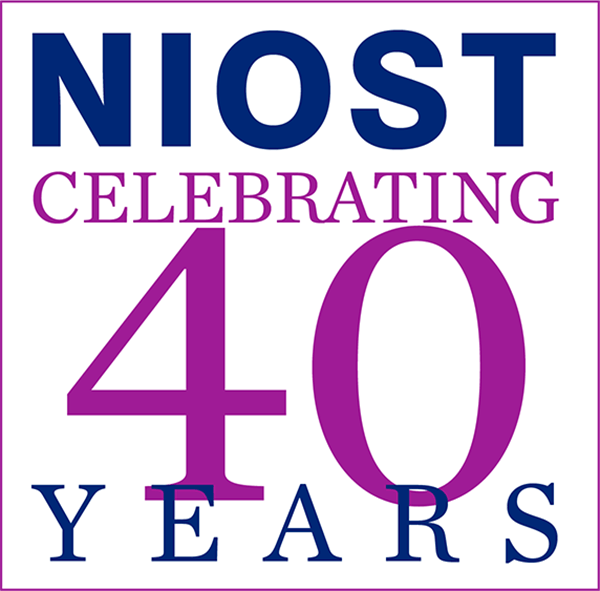Gratitude and Out-of-School Time
December 19, 2018
 This is a season of giving and gratitude, so here are some of the things we’re grateful for in out-of-school time (OST) – and a reminder of how much of an impact gratitude can have in OST and in the lives of children and youth.
This is a season of giving and gratitude, so here are some of the things we’re grateful for in out-of-school time (OST) – and a reminder of how much of an impact gratitude can have in OST and in the lives of children and youth.
- We are grateful for the work of our Afterschool Matters Fellows in building quality OST experiences around the country.
- We are grateful for the opportunity to work with partners to build quality OST experiences.
- We are grateful for greater awareness of how quality youth development practices positively impact social-emotional learning development.
- We are grateful to the OST field for being leaders in promoting healthy eating and physical activity (and we hope you enjoy your holiday treats in moderation!)
- We are grateful to the pioneering Bowne Foundation for valuing research and writing as a means to share knowledge and best practices with the OST field.
As we continue to express and encourage gratitude in OST, let us remember the positive effect it can have for youth and educators. Research shows us that gratitude helps people to form, maintain, and strengthen supportive relationships and to feel connected to a caring community that values their contributions. For youth, this means that gratitude may be more than momentary happiness. It can also inspire them to find ways of contributing to their neighborhood, community, and world; to improve social confidence and interpersonal relationships; and to appreciate and respect the accomplishments of others (Bono, Froh, Disabato, Blalock, McKnight, & Bauser, 2017; Froh, Bono, Emmons, & Motiv, 2010).
Gratitude may also contribute to young people’s resilience and healthy development by improving their social confidence while decreasing stress, anxiety, and depression (Bono et al., 2017; Froh et al., 2010). Children who were taught gratefulness had a better feeling about school, engaged more with their school and class work, and actually looked forward to going to school. This school satisfaction, in turn, is related to both academic and social success (Froh, Sefick, & Emmons, 2008; Verkuyten &Thijs, 2002).
High-quality OST programs offer social-emotional learning experiences, access to caring adults, and opportunities to engage in skill-building and leadership activities. All of these features of high-quality programs help youth feel good about themselves. When youth feel this way, they are more likely to feel grateful and express gratitude throughout their lives (Scales, Benson, Leffert, & Blyth, 2000).
Let’s work to keep gratitude at the center of OST in 2019. Happy holidays from all of us at NIOST. We are grateful to work and learn with you.
References
Bono, G., Froh, J., Disabato, D., Blalock, D., McKnight, P. & Bauser, S. (2017) Gratitude’s role in adolescent antisocial and pro-social behavior: A 4-year longitudinal investigation. The Journal of Positive Psychology. Retrieved 11/13/2018.
Dunn, J. R., & Schweitzer, M. E. (2005). Feeling and believing: The influence of emotion on trust. Journal of Personality and Social Psychology, 88(5), 736-748.
Froh, J., Bono, G., Emmons, R. & Motiv, E. (2010) Being grateful is beyond good manners: Gratitude and motivation to contribute to society among early adolescents. Motivation and Emotion. Retrieved 11/13/18.
Froh, J., Emmons, R., & Sefick, W. (2008). Counting blessings in early adolescents: An experimental study of gratitude and subjective well-being. Journal of School Psychology 46(2), 213-33.
Scales, P. C., Benson, P., Leffert, N., & Blyth, D. (2000). Contribution of developmental assets to the prediction of thriving among adolescents. Applied Developmental Science, 4(1), 27-46.
Verkuyten, M. & Thijs, J. (2002) School satisfaction of elementary school children: The role of performance, peer relations, ethnicity and gender. Social Indicators Research. 59(2), 203. Retrieved 11/13/18.



